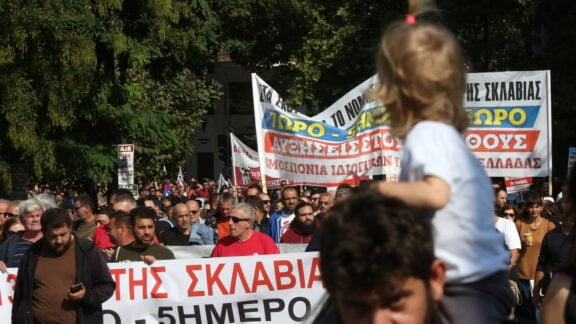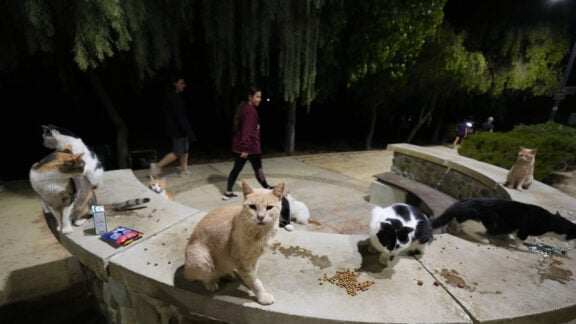As the countdown to the end of the year begins, preparations for Christmas and the holiday season are taking shape. Many Greeks in the Australian diaspora still don’t feel very festive in the summer, as their memories of Christmas tend to feature cold weather.
In Greece, Christmas (or Christougena) lasts for around a month. The festive season starts on 6 December, which is the Feast of St Nicholas day. The Christmas season officially lasts until 6 January (Feast of Epiphany). Children will visit their neighbours singing carols (or kalanda in Greek) that have been passed down from generation to generation.
The Christmas holidays (from work and school) typically involves families gathering together. Some families escape the big cities and visit their vacation house in regional areas or on the islands. It is not uncommon for Greek families to own a vacation house in another part of the country, unlike here in Australia, where it’s something usually restricted to the wealthy.
The reason that so many families do have vacation homes in Greece is simply because the homes were passed down in families. A son or daughter who may be gifted their parents’ home in the town where they grew up may not wish to live there. They may have already established a life and career in one of the big cities (Athens, Thessaloniki or Patras). Rather than selling the home (because of a slow property market and sentimental reasons), they will return to the house during their holidays. Visits would typically be during the summer holidays and at Christmas time.
Unlike here in Australia, where gifts are opened on Christmas Day (usually very early in the morning if there are kids involved), in Greece gifts are exchanged on Christmas Eve. Saint Vasilis is Greece’s answer to Santa Claus, and he delivers presents to children on Christmas Eve. Also on Christmas Eve, families will bake a special festive loaf of bread called Christopsomo, literally ‘Christ Bread’, featuring a sign of the cross imprinted on it before it goes in the oven. The bread is shared among the family on Christmas Day.
Christmas Day is reserved for a meal with the family. Rather than turkey, families will share a leg of lamb on a spit (souvla), with vegetables and rice, followed by special festive cakes, melomakarouna and kourapiedes. Laughter and eating is accompanied by music and dancing. It is truly a joyful time to spend with loved ones.
Families in the diaspora who wish to bring some traditional Greek customs into their Christmas celebration may prepare a typical Greek Christmas lunch, and dig out the recipe for Christopsomo! There is one you can try at www.greekfood.about.com/od/greekchristmasrecipes/r/Greek-Christmas-Bread…
Orthodox Churches all over the world will offer a Christmas Day service that everyone is welcome to attend. Most of all, the true spirit of Christmas, celebrating love and family, as well as the life of Jesus, can be achieved equally as joyously both here and in Greece. I hope yours is truly special.
Kala Christouyenna!
* As a special Christmas gift to the Neos Kosmos community, I am delighted to offer either of my books for just $10 each. Buy just one or both of them for a total of $20. The books make a beautiful Christmas gift, with a unique taste of Greece for the child in your life. www.melinamallos.com









